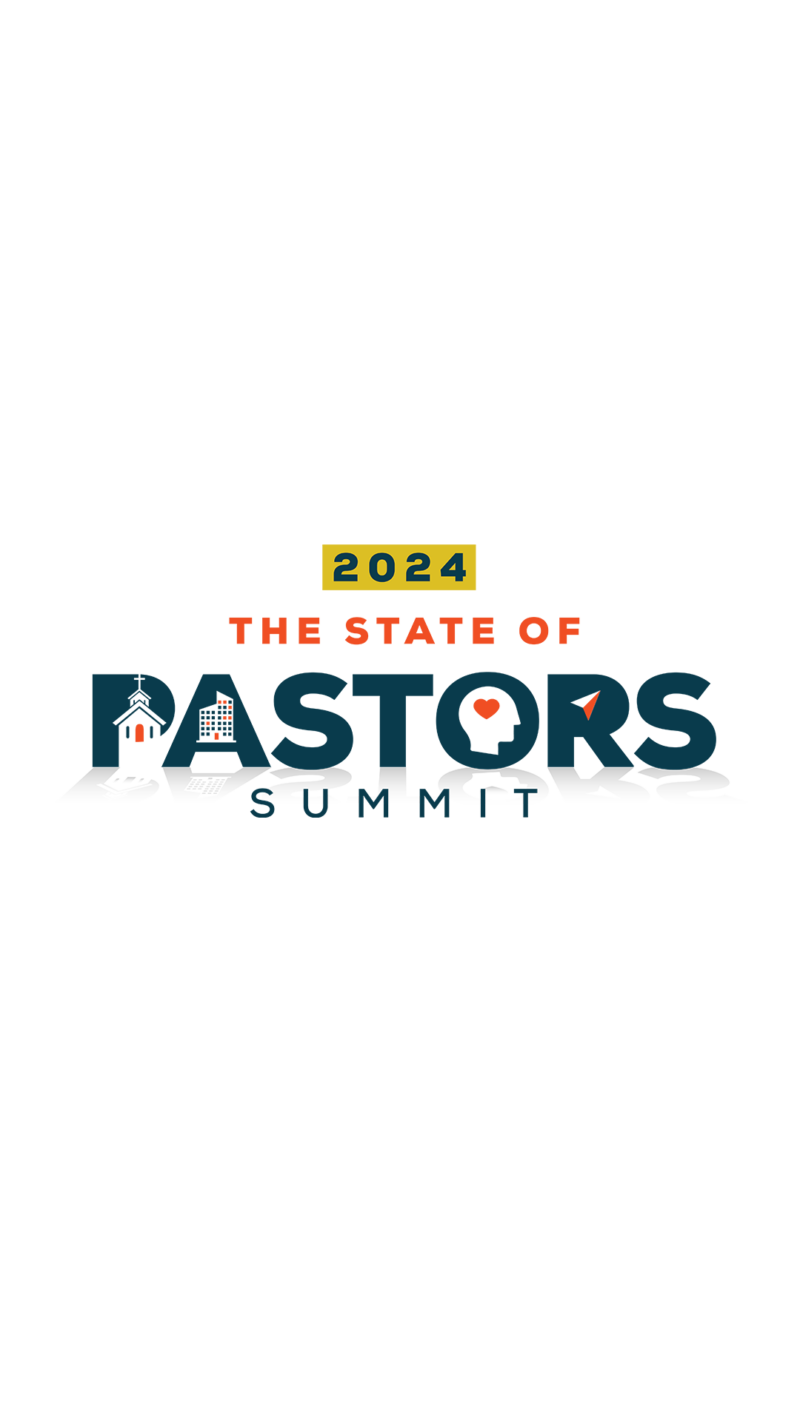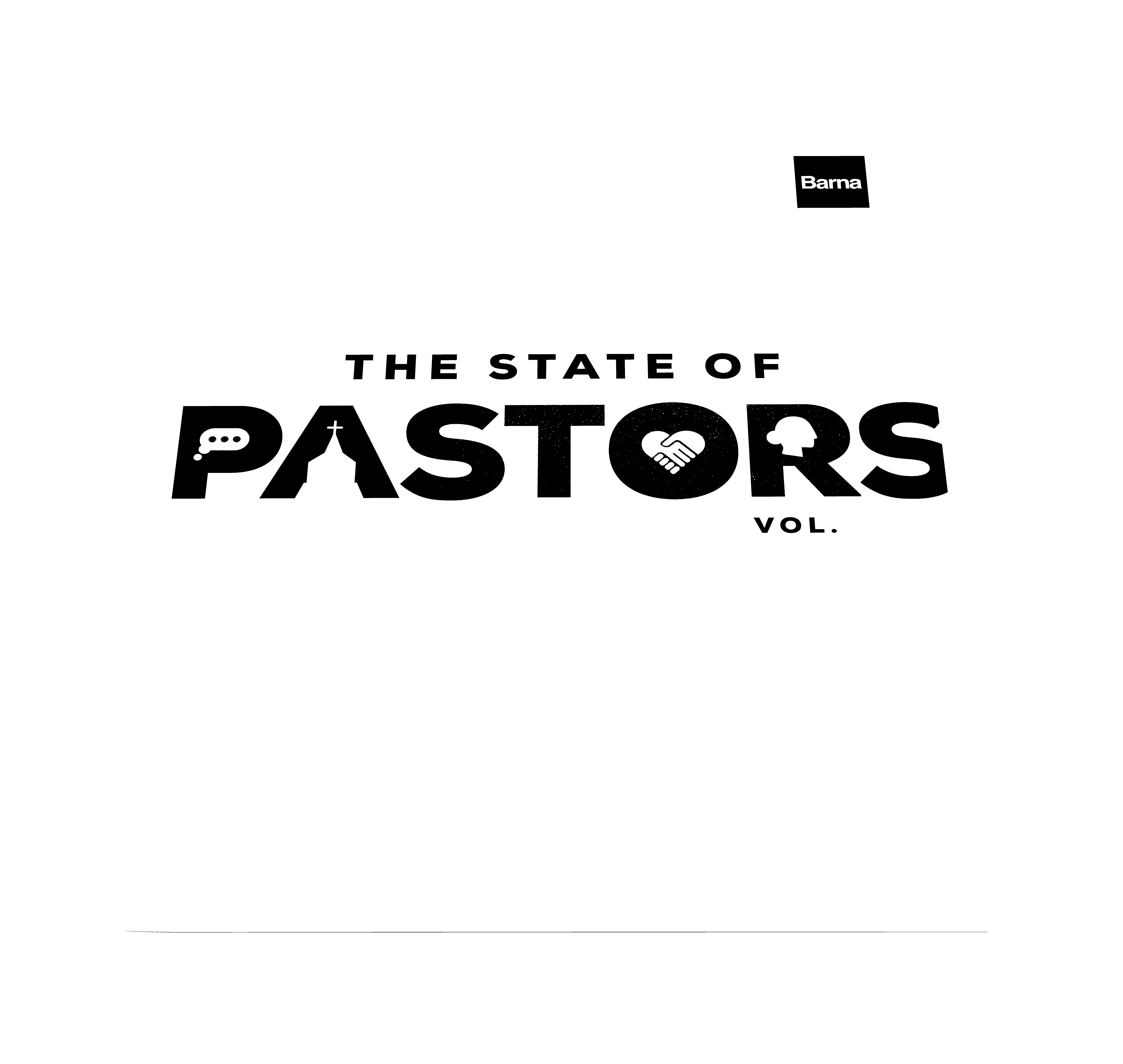For more than 30 years, Barna has studied the Bible’s role in and influence on American society, painstakingly collecting the pieces of data we need to understand the big picture.
Your Leadership Toolkit
Strengthen your message, train your team and grow your church with cultural insights and practical resources, all in one place.
And for the past six years, we have partnered with American Bible Society to add depth and detail to the picture, and to identify how it is changing over time. Since 2011, Barna has conducted more than 14,000 “State of the Bible” interviews with American adults and teens on behalf of American Bible Society. We have learned much, even as we continue to discover new and better ways of describing the impact of the Scriptures on Americans’ hearts, homes and communities.
A New Landscape
There are three major changes that are reshaping the landscape in which we read and engage with the Bible. These shifts are most apparent among today’s youngest generations so, in a sense, they give shape to the present and future reality within which we read and interact with the Bible.
First, the steady rise of skepticism is creating a cultural atmosphere that is becoming unfriendly—sometimes even hostile—to claims of faith. In a society that venerates science and rationalism, it is an increasingly hard pill to swallow that an eclectic assortment of ancient stories, poems, sermons, prophecies and letters, written and compiled over the course of 3,000 years, is somehow the sacred “word of God.” Even in just the few years Barna has been conducting “State of the Bible” interviews, the percent of Americans who believe that the Bible is “just another book written by men” increases. So too does the perception that the Bible is actually harmful and that people who live by its principles are religious extremists.
Second, as Gabe Lyons and I propose in Good Faith, the broader culture has adopted self-fulfillment as its ultimate measure of moral good. The shift that is underway moves authority from outside ourselves (for example, the Bible) to within us. Increasingly, Americans are rejecting external sources of moral authority, both spiritual and civic. Instead, the Self has become the spiritual and moral compass for the vast majority of adults. In stark contrast to the people (including far too many Christians) who embrace self-fulfillment as the highest good, the Bible teaches that God’s moral order leads to human and societal flourishing. And the more Christians are oriented toward the way of life described by the Scriptures, the more likely it becomes that they will come into conflict with the dominant culture.
Third, the explosive growth of digital tools such as Bible apps, daily reading plans, study resources and online communities offer unprecedented access to the Scriptures. These tools are an incredible leap forward in the “Bible cause” of giving every person on earth access to God’s word in his or her own language. What a privilege to partner with the Holy Spirit during this all-access revolution. At the same time, digital access also means an unfiltered flood of ideas and information that must be evaluated for goodness and truth. The need for godly discernment and rich, relational discipleship has never been greater. Are we equipping disciples, especially young disciples, with the spiritual, emotional and mental tools they need to live wisely and for God’s glory in the “screen age”?
The Bible in America evaluates a robust set of data in light of these three trends.
Windows of Opportunity
Thankfully, the data is not all bad news. In fact, Barna researchers continue to find bright pieces to the puzzle that demonstrate the Bible’s cultural staying power and persistent hold on people’s hearts.
- Most Americans (including a majority of young adults) believe the Bible has been more influential on humanity than any other text.
- A majority (also including young adults) believes the Bible contains everything a person needs to know in order to live a meaningful life.
- Two-thirds of all Americans hold an orthodox view of the Bible, that it is the actual or inspired word of God.
- Nearly half read the Scriptures at least once a month.
- Fidelity to the Bible is strong among practicing Christians of all ages.
- As American culture becomes more post-Christian—that is, as the population moves away from Christian beliefs and practices—there is some evidence that interest in the Bible may be on the rise.
We should not ignore or minimize the stiffening headwinds. The world is becoming less faith-friendly, but God has given us the astonishing task of trying to keep up with his work. The Bible can be, as it always has been, a signpost to and conduit of the Word of God made flesh in Jesus Christ.
With that, we invite you into The Bible in America.

David Kinnaman
President of Barna Group
Comment on this research and follow our work:
Twitter: @davidkinnaman | @roxyleestone | @barnagroup
Facebook: Barna Group
About Barna
Since 1984, Barna Group has conducted more than two million interviews over the course of thousands of studies and has become a go-to source for insights about faith, culture, leadership, vocation and generations. Barna is a private, non-partisan, for-profit organization.
Get Barna in Your Inbox
Subscribe to Barna’s free newsletters for the latest data and insights to navigate today’s most complex issues.




